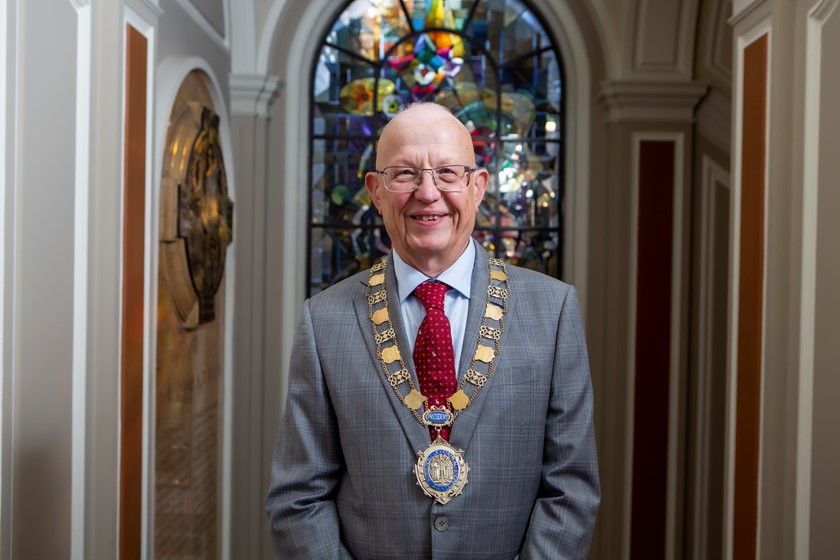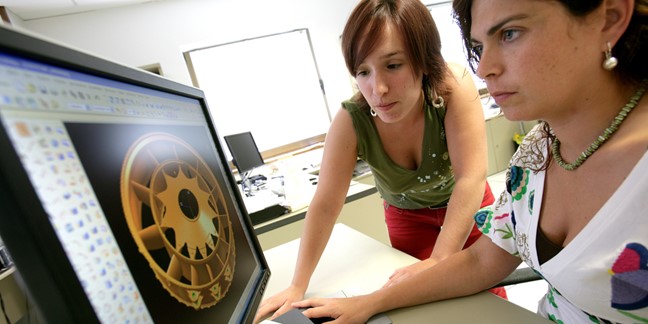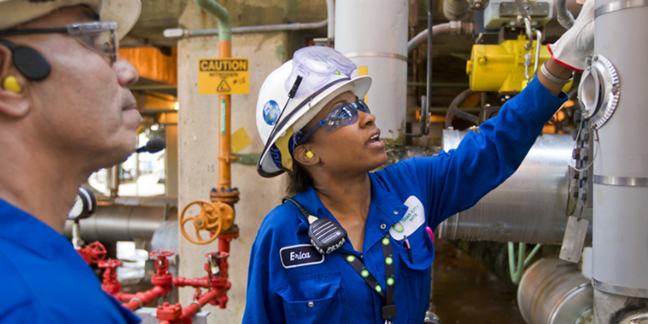Jun 30, 2023

Nigel Hirst, newly-elected President of the Institution of Chemical Engineers (IChemE), talks about what’s coming next for IChemE and the areas of focus during his presidency: collaboration, continuous learning, community and choice.
Engineering a sustainable world
It was a privilege and an honour to be elected as the Institution of Chemical Engineers’ 82nd President earlier this month, and I’m convinced that the world has never had a greater need for the skills chemical engineers bring. I really believe now is the time to showcase the contribution of our profession by moving to a more outward looking focus, and feel that the Institution ought to look far into the future. The danger is that we become like politicians and only look to the next general election in 4 years’ time, but to make a real difference we need to look much further than that.
The 4 key areas on which I want to focus during my Presidential year are easily described as the 4 Cs:
- Collaboration
- Continuous learning
- Community
- Choice
Collaboration
John Donne famously wrote ‘No man is an island entire of itself; every man is a piece of the continent, a part of the main’, and so with IChemE.
The time is right to intensify our public engagement and offer hope, rather than negativity, for the future we often read about. I believe the ‘art’ of chemical engineering is to persuade those outside the profession of the unique and priceless contribution chemical engineers can make to solving the world’s grand challenges – and this is where my efforts will focus, knowing that by working together we can all make a difference.
I believe that working collaboratively to explore what we all have in common and can promote together is key, both for ensuring that we are heard in government and in tackling our global challenges. We’ve recently signed a Letter of Intent with the American Institute of Chemical Engineers, and although initially this is based around hydrogen, it’s intended to be open ended.
So, expect to see more approaches to government, promoting our unique set of skills, and identifying where we can work together to ensure that STEM subjects are an education priority and that our industries are supported. Many people in government are not interested in the detailed science, so we must demonstrate the value of chemical engineering in ways that don’t need a scientific understanding. It’s greatly encouraging for us all that King Charles follows his father in being a passionate advocate of the importance of engineering!
Continuous learning
IChemE is constantly looking at ways of supporting the professional development of members at all stages of their careers, and more work will be done to focus on this area in the future. The IChemE Sustainability Hub, generously supported by Past President Ian Shott, is providing a growing number of courses, and we also have a treasure chest of past seminars and presentations from the special interest groups and member groups, which I’m hoping to make more widely available.
We know the great support that our volunteer mentors provide to those wishing to become registered, and we will be strengthening our mentoring provision, expanding our ability to offer and provide assistance to more members who may simply want some support or career advice.
I can’t mention volunteering without saluting the work of all the volunteers in the history of our great Institution. The support of our 3,000 volunteers is central, not only to supporting professional development, but in everything we do. Without the hard work of our volunteers, IChemE would simply cease to exist.
Over the years I’ve enjoyed various volunteering roles with IChemE, and these opportunities have been personally and professionally very satisfying to me. I started my volunteering career by joining the Manchester and Salford Centre in 1980… and why did I join? Because I was asked! I think invitation is a key way to grow our community, and I would encourage all professional engineering volunteers to extend a friendly invitation to their peers to get involved. The value of the work which volunteers deliver is immense, as well as their fundamental role in joining up our community.
Community
IChemE was founded as a community of, and for, people involved in chemical and process engineering, and that is still the core of our being. Our community is now global and we gain so much by interacting together, helped by today’s technologies of video calls as well as continuing, where we can, to meet face to face. I‘m committed to developing that community, and ensuring that we are here to support each other.
Over the next year we will be launching a new global digital community which will help us to build our community, wherever in the world our members reside. Members will be able to sign up to groups and topics which interest them – including the special interest and member groups – to share views, experiences and requests for support.
I’m keen to help more people from all backgrounds to access the opportunities that chemical engineering can lead to, and also to help bring those on the periphery closer to the centre. Our chartered grades are, rightly, well regulated, and we must always maintain standards, but at the same time, we must look at how we ensure that we are a welcoming and accessible profession, encompassing the vast and varied places in which chemical engineers contribute.
Choice
In my view, one of the defining features of a chemical engineering education is that it gives you choice. That choice has led me on a career path which has been rewarding, exciting, and valuable to the economy and society. I want that choice to be available to many more people from all kinds of backgrounds. So, a priority for me is to make sure that many more young people – as well as the not-so-young! – have the opportunity to understand what chemical engineering is, all the skills and knowledge you gain, and where it can take you.
We are collaborating with heads of chemical engineering in both the UK and Australasia to reinstate and renew our education programmes, and I also want us to be working much more closely with the university departments – and increasingly, the apprenticeship and vocational route providers – to ensure that chemical engineering is seen as a desirable career that can indeed change the world for the better.
We’ll also be working with, and for, members to help them recognise the transferable skills that they have, in addition to helping them be ready for the ever-changing technologies and jobs of the future. The pace of change is such that none of us can stand still - and who would want to? Chemical engineers of all ages have the outlook, the skills and the know-how to contribute to a better world – and IChemE is here to help them do that.
For more information, please visit www.icheme.org or follow IChemE on socials
< Back to Blog




